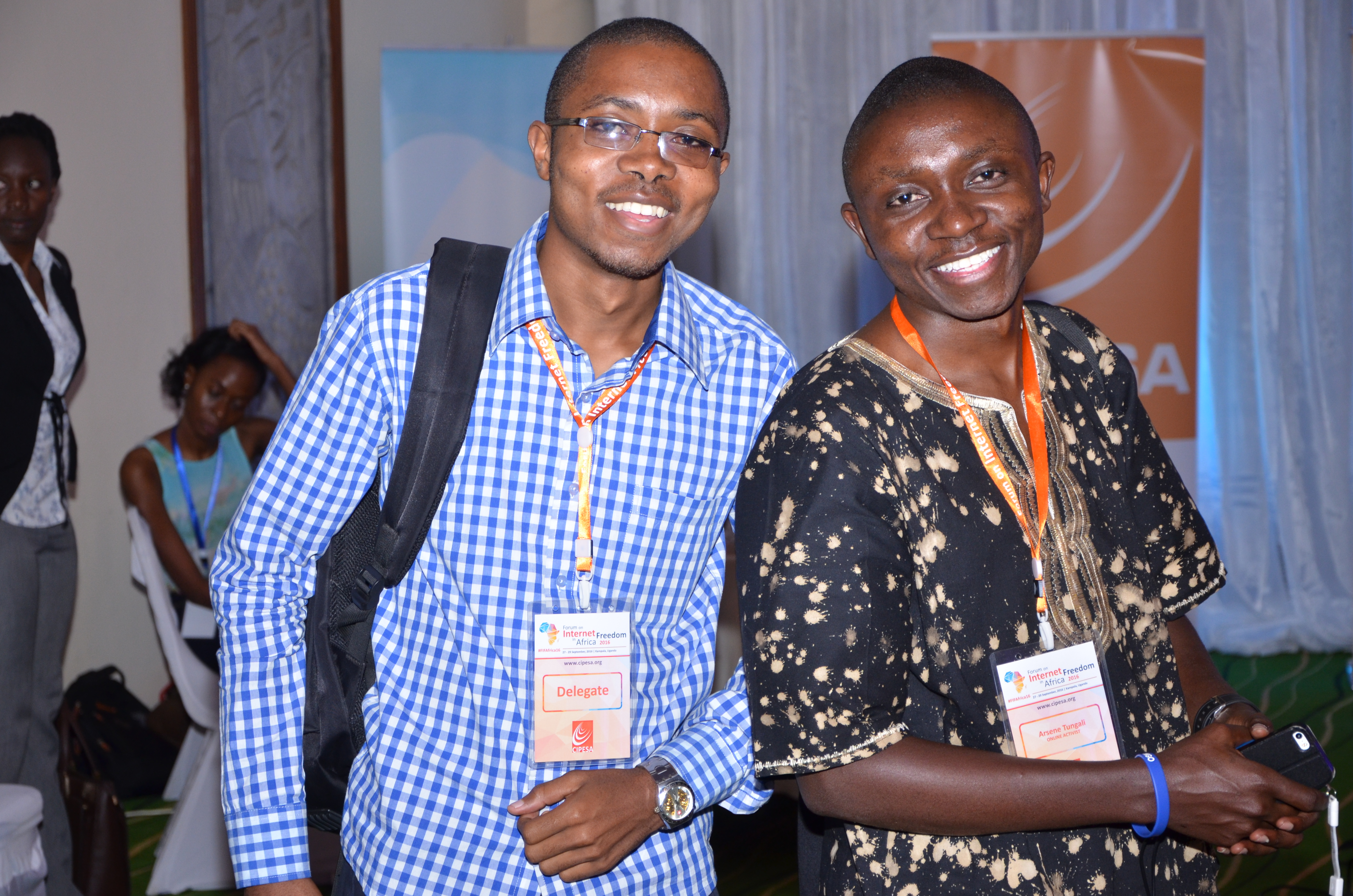By Blaise Ndola |
Through presentations and interventions at the Forum on Internet Freedom in Africa 2016 (FIFAfrica16),I learned about different ways Africans countries are stifling citizens digital rights. But the most important at this level is that through these presentations and experiences shared, I realized that the battle for Internet freedoms is as important as ever because internet shutdowns, abuses of courts of law, blockages of websites and content removals continue to find their place on the continent.
Coming from the Democratic Republic of Congo (DRC), I became aware of the work I have to do as an Internet freedom fighter and web activist once back home. Apart from that, I also realized the high level of danger faced by internet users when their privacy or personal data are not protected by themselves and by intermediaries (Telecoms). We need to fight at all the levels, first against practices of telecoms who are ready to respond governments’ requests to release information of their customers and then, to call upon policy makers to enact laws that will reinforce rights of citizens to privacy and freedom of expression.
Access to the internet and internet freedom should now become fundamental rights in African societies. At the same time, we should also fight the normalization of online violence against women and for gender equity in access to digital tools.
As suggestions to African governments, they should make efforts to put in place conducive legal frame works for the ICT sector. For instance, make laws that will not be restrictive of some rights as it’s the case nowadays. And also, they shouldincreasingly respect the rights of citizens to access information, to freedom of expression and toprivacy.To intermediaries (telecoms), I suggest they remain neutral and aim to protect the privacy anddata of users of their services despite pressure from government.
To us, as part of civil society, I will suggest to continue advocating for internet freedoms in law and in practice and to require other stakeholders to respect certain fundamentals rights. Civil society, through campaigns and advocacy must raise awareness among internet users of the need for responsibility in their actions and usage of internet.
Finally, having attended two forums (2015 and 2016), I am proud to have networked and got connected to influencers and internet freedom activists in Africa and beyond. Thanks to the Collaboration on International ICT Policy for East and Southern Africa (CIPESA) and to all the partners for facilitating my attendance.
To follow the online discussion: #FIFAfrica16 @Cipesaug
This article was first published at blaisendola on October 11, 2016.

